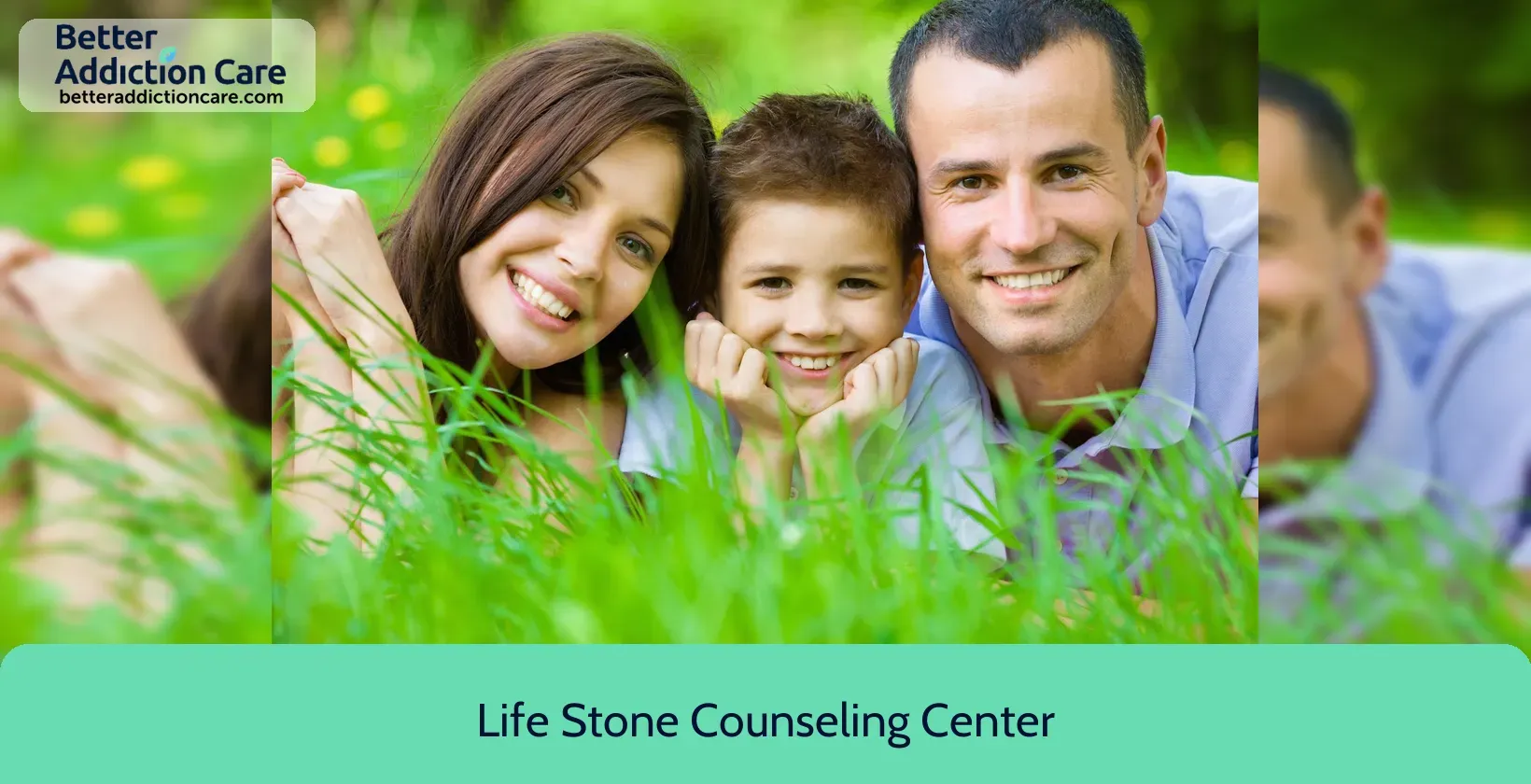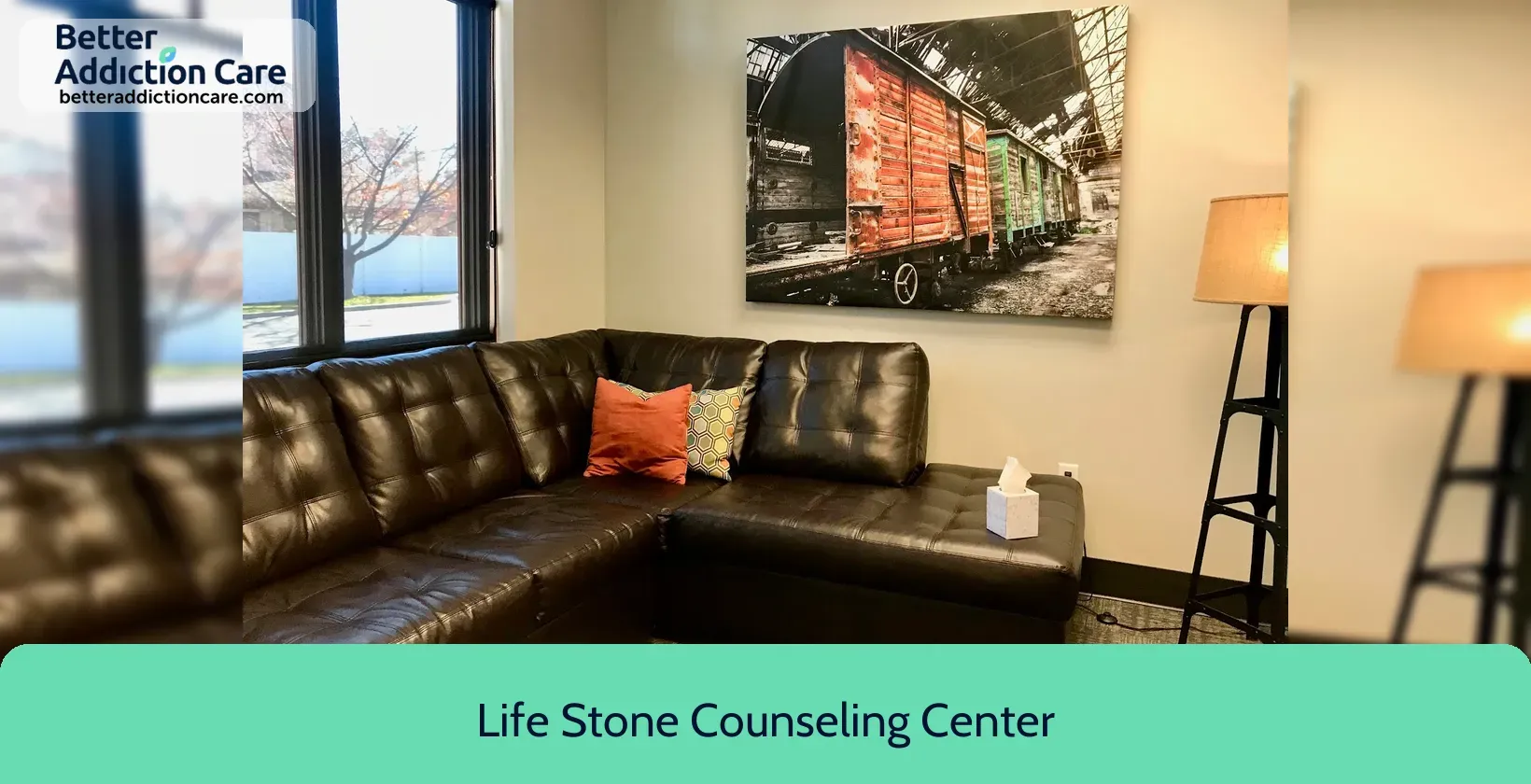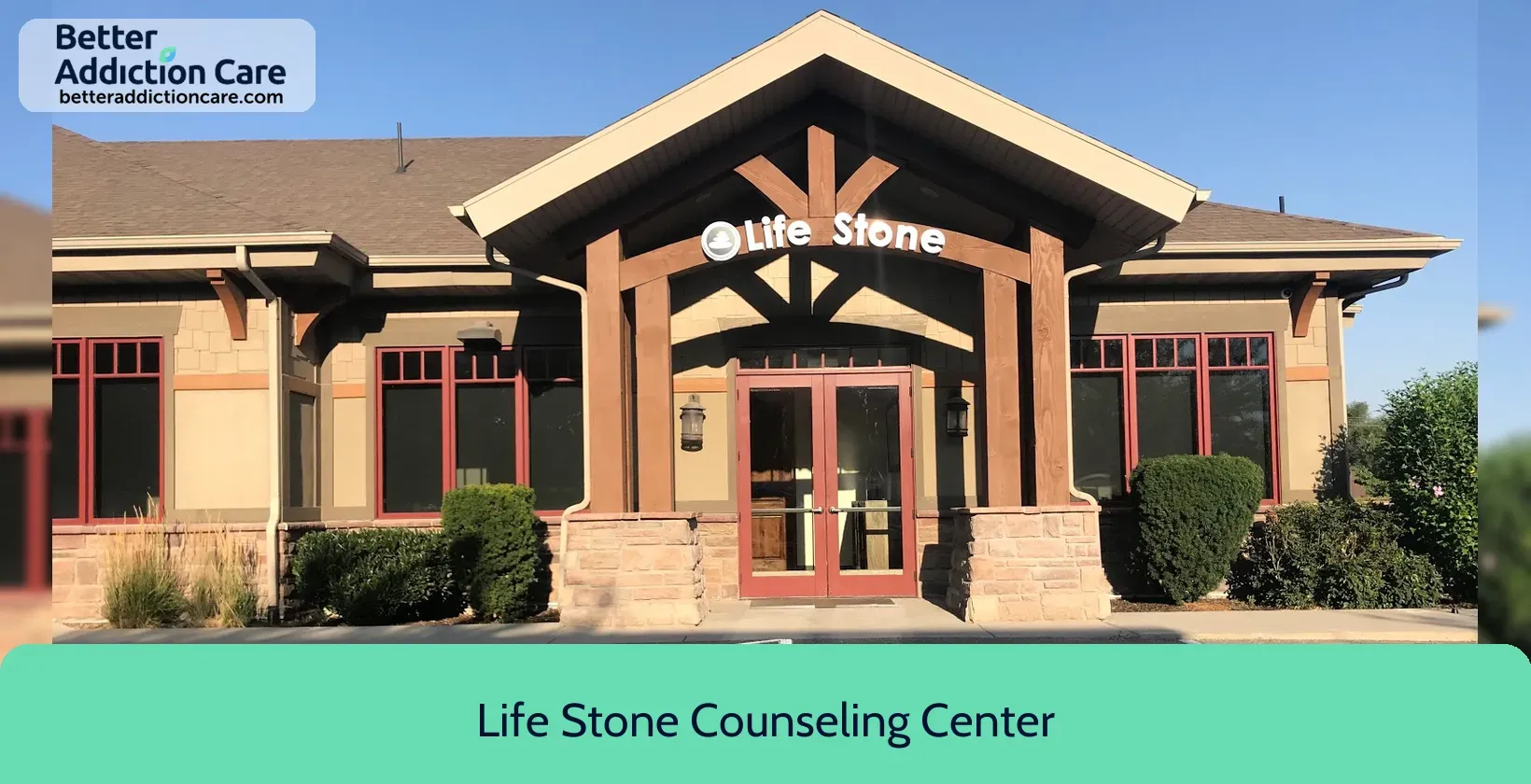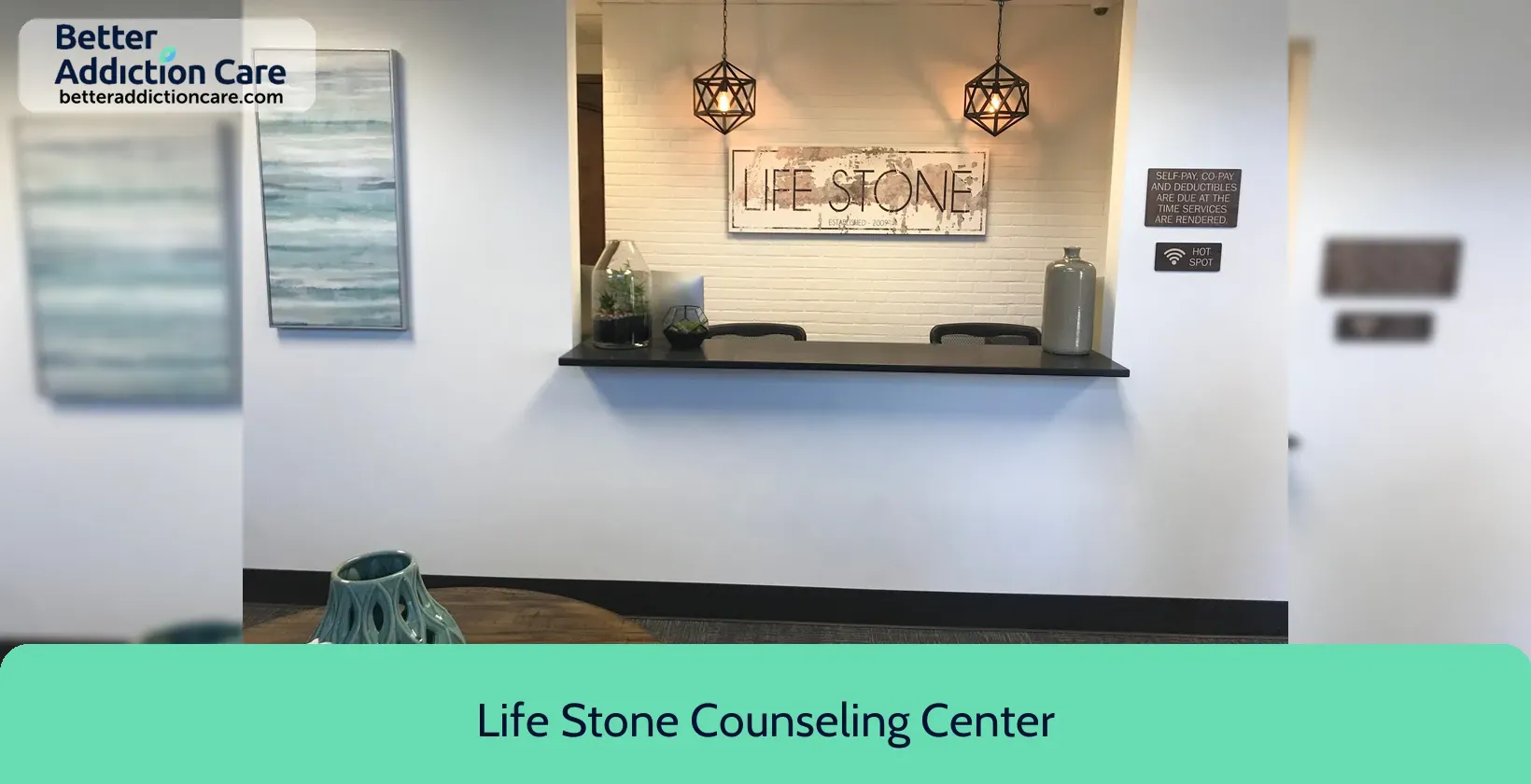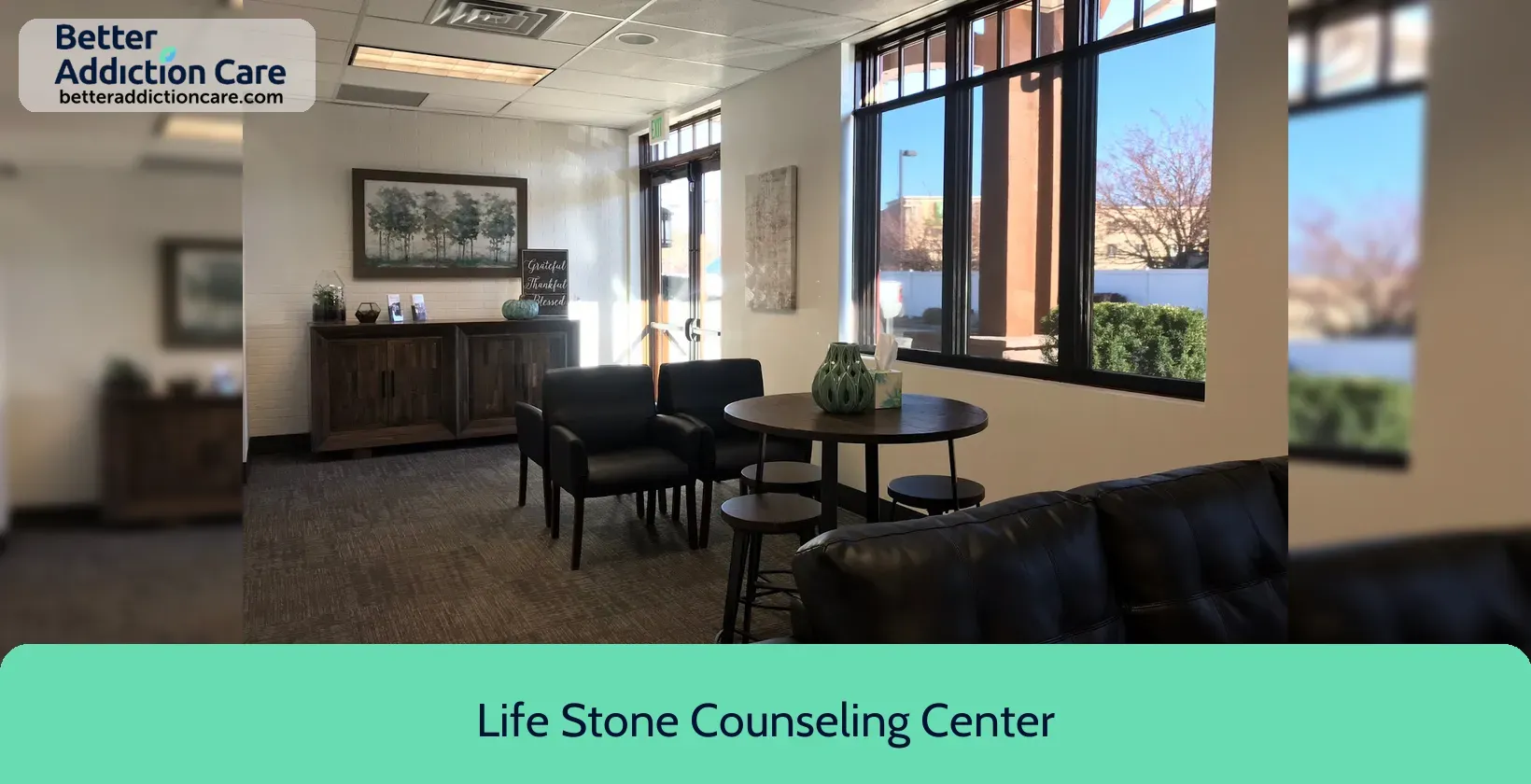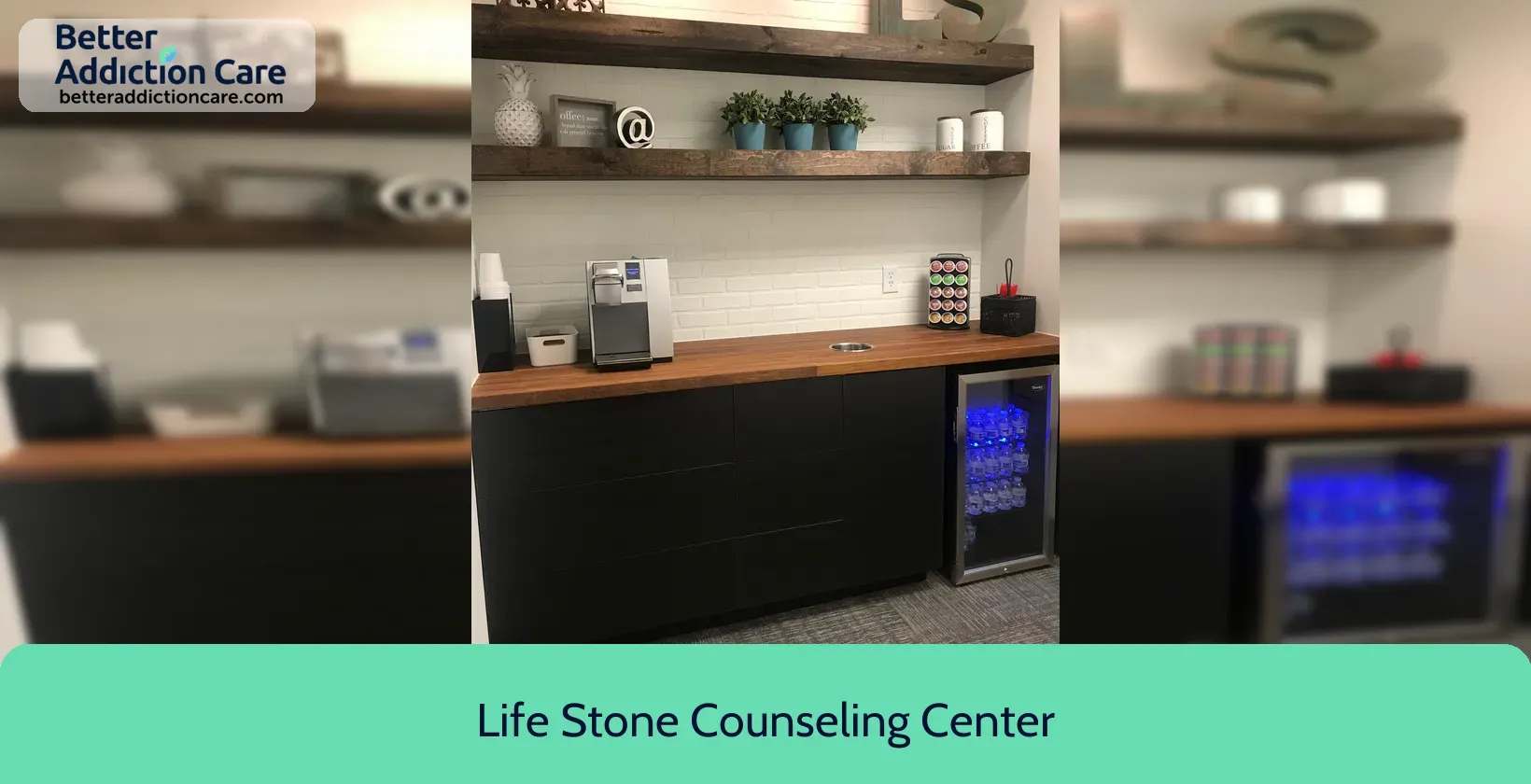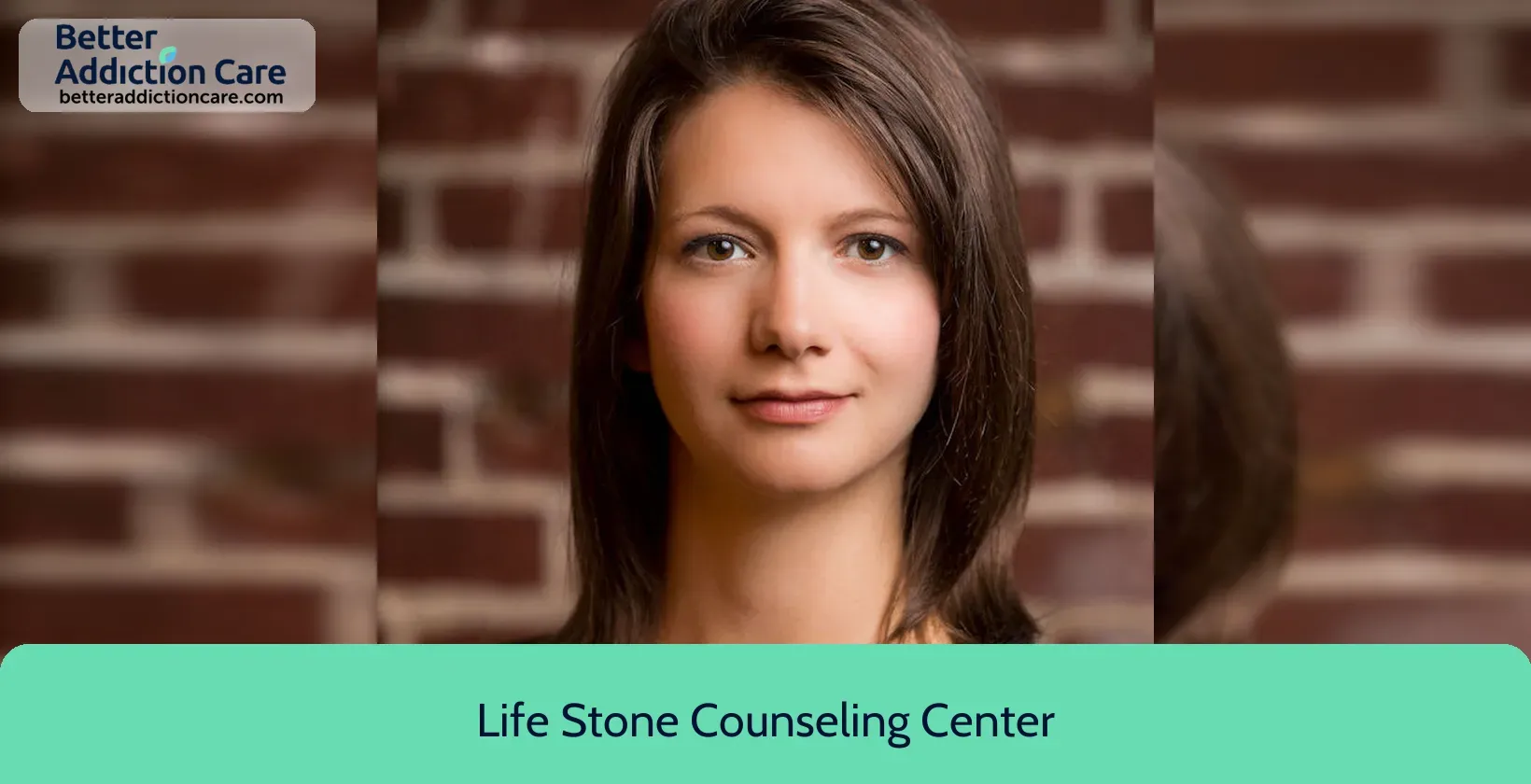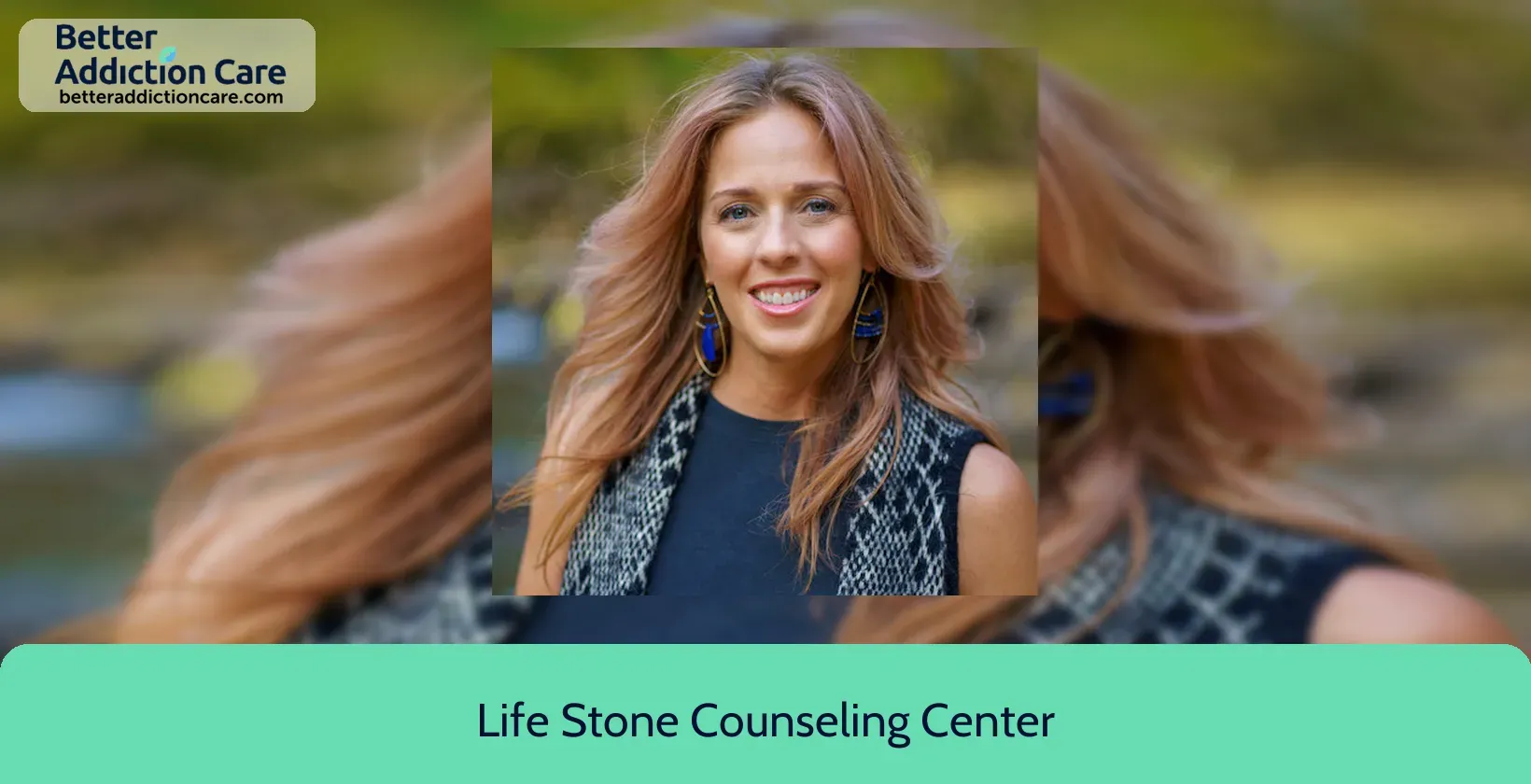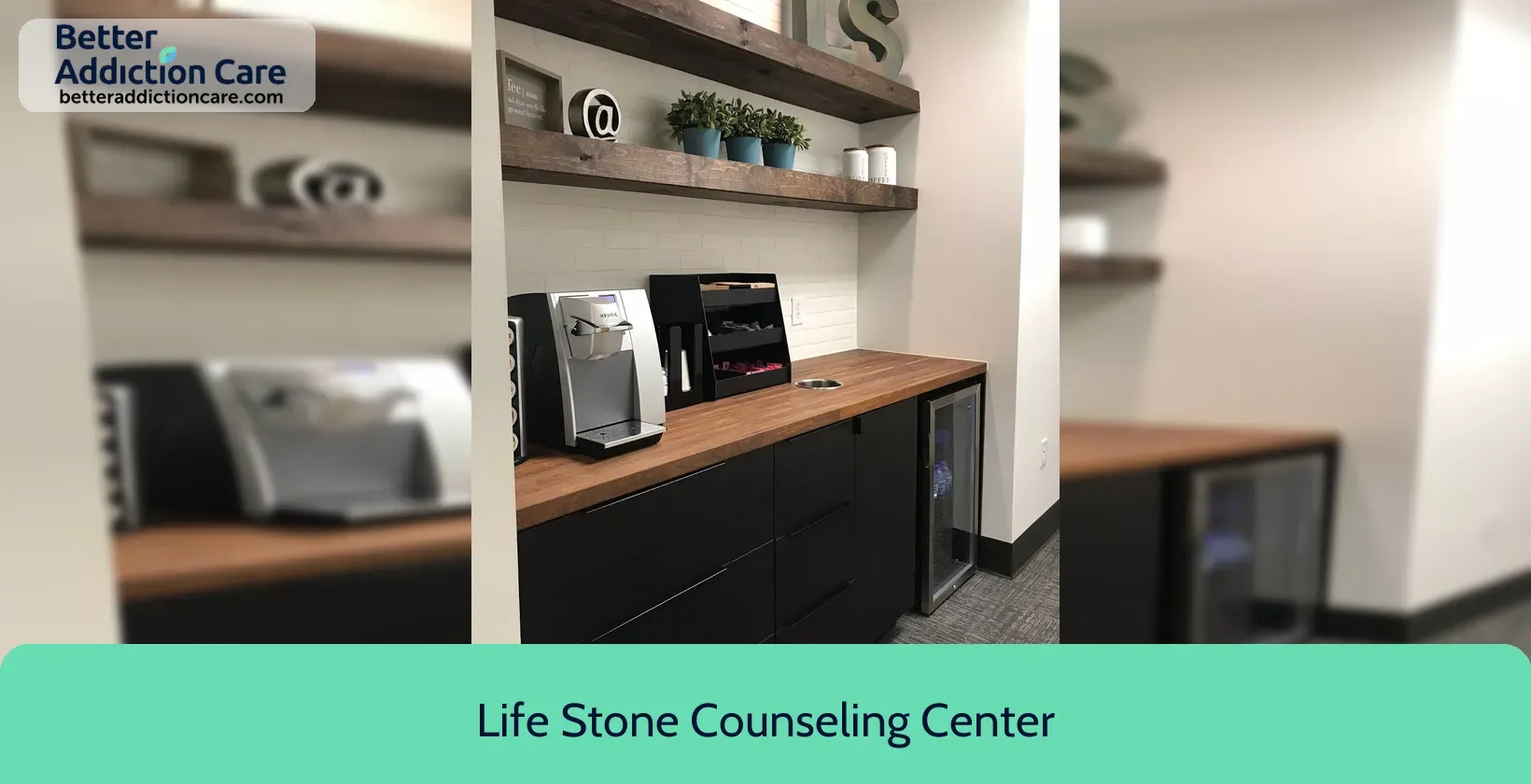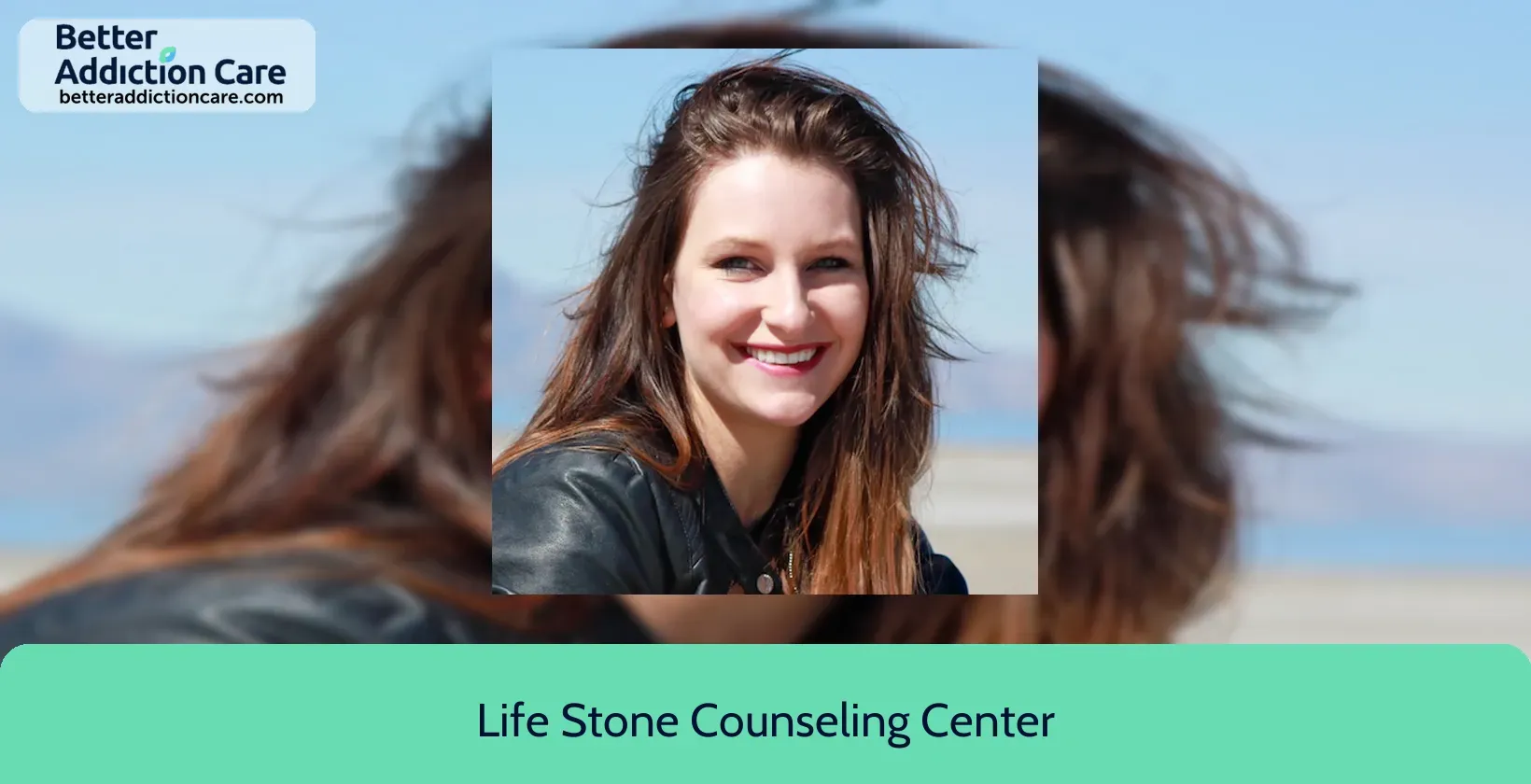Life Stone Counseling Center
Overview
Life Stone Counseling Center is a mental health treatment center for people seeking treatment near Salt Lake County. As part of their treatment modalities for recovery, Life Stone Counseling Center provides family counseling, individual psychotherapy, and group counseling during treatment. Life Stone Counseling Center is located in Midvale, Utah, accepting county or local government funds for treatment.
Life Stone Counseling Center at a Glance
Payment Options
- County or local government funds
- Community Mental Health Block Grants
- Community Service Block Grants
- Other State funds
- Private health insurance
Assessments
- Comprehensive mental health assessment
- Comprehensive substance use assessment
- Screening for tobacco use
Age Groups
- Adults
- Children/adolescents
- Young adults
- Seniors
Ancillary Services
- Court-ordered outpatient treatment
- Education services
- Family psychoeducation
Highlights About Life Stone Counseling Center
7.03/10
With an overall rating of 7.03/10, this facility has following balanced range of services. Alcohol Rehabilitation: 8.44/10, Drug Rehab and Detox: 6.00/10, Insurance and Payments: 6.00/10, Treatment Options: 7.70/10.-
Alcohol Rehabilitation 8.44
-
Treatment Options 7.70
-
Drug Rehab and Detox 6.00
-
Insurance and Payments 6.00
Treatment At Life Stone Counseling Center
Treatment Conditions
- Mental health treatment
- Substance use treatment
- Co-occurring Disorders
- Alcoholism
Care Levels
- Outpatient
Treatment Modalities
- Family counseling
- Individual psychotherapy
- Group counseling
- Experiential Therapy
- Marital/couples counseling
Ancillary Services
Languages
- Spanish
Special Programs
- Children/adolescents with serious emotional disturbance (SED)
- Active duty military
- Clients who have experienced trauma
- Persons with post-traumatic stress disorder (PTSD)
Contact Information
Read our Most Recent Article About Drug Addiction
DISCLAIMER: The facility name, logo and brand are the property and registered trademarks of Life Stone Counseling Center, and are being used for identification and informational purposes only. Use of these names, logos and brands shall not imply endorsement. BetterAddictionCare.com is not affiliated with or sponsored by Life Stone Counseling Center.
